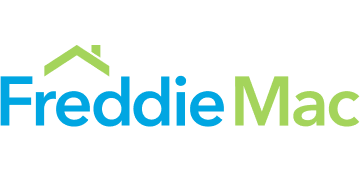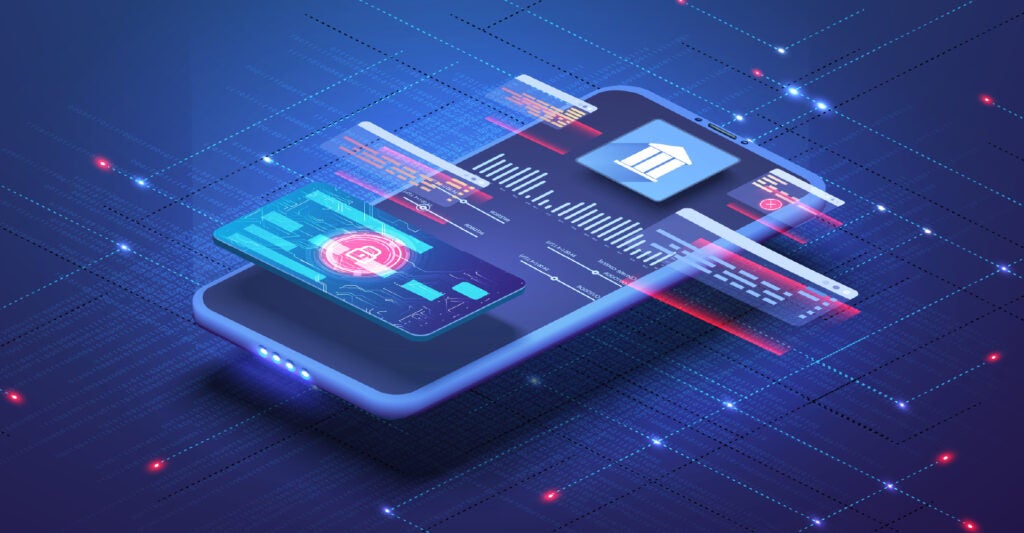Nigerian Bank Reduces Risk, Cost with ML Driving Decisions
At Carbon Digital Bank, the data science team operates on a leaner structure by using DataRobot AI Platform to automate and optimize operations so they can focus their talents on new opportunities.
Full-Service Banking for the Underserved African Market
Where others saw risk, Ngozi Dozie and Chijioke Dozie saw tremendous opportunity. When the brothers launched a digital bank in 2012 for the underserved Nigerian market, 40 percent of Nigerians lacked bank accounts and only about five percent held credit cards.
To meet these needs, the financial industry veterans started Carbon Digital Bank. While Carbon began with digital lending, it has since expanded to full-service banking, from savings to payments to investments, and now serves Africans beyond Nigeria. In 2020, the bank processed $240 million in payments.
From the start, Carbon Digital Bank committed to a data-first strategy and the founders looked to AI as an integral part of its decision-making.
“In the beginning, by experience, the data science team was young and we saw automated machine learning as a way to analyze data at scale and reach our goals faster while focusing on developing the skills of our data science team,” explained Cecilia Lopez, Head of Data Science at Carbon Digital Bank.
Rating Lending Risk
Carbon Digital Bank chose teh DataRobot AI platform to amplify the efforts of its global data science team. Compared to homegrown ML, she appreciates that DataRobot automates much of the process and is continuously evolving with new capabilities.
“DataRobot allows us to try dozens of machine learning techniques in a short period of time. Then, we just need to pick the best-performing model, which is ready to be deployed and consumed by our decision engine to make more informed lending decisions,” Lopez said.
Assessing customers’ credit worthiness is a major challenge. However, Carbon Digital Bank has developed multiple models to help expedite decisions on hundreds of thousands of loan applications every month.
When a consumer submits an application on the Carbon Digital Bank mobile app, models leverage a diverse set of data from first-, second-, and third-party sources to build a credit score – within five minutes. Those with better scores gain access to better rates and higher limits.
Various scorecards provide insight into each customer’s likelihood to default on their loans. The app then adjusts their lending terms accordingly. The Carbon Digital Bank algorithms also take into account fraud and anti-money laundering practices, which are prevalent in the Nigerian market, serving numerous guardrails.
As the company has expanded its financial offerings, it has also spun up new models. A churn model identifies the customers with a greater propensity to discontinue with the bank, enabling Carbon Digital Bank to take steps to retain them proactively.
Next, the team plans to add image analysis as a factor in its risk models, along with models for product recommendations and segmentation.
A 25% Leaner Team
As DataRobot automates part of the model development and deployment cycle, it enables their savvy data science team to focus on refining the models and rolling out new use cases. While it might take most banks months to deploy models, the team now does so within hours.
We rely on DataRobot to actually speed up model-building and get our models to production quickly to start making informed decisions immediately.
Over time, the Carbon Digital Bank data science team has grown with more senior data scientists. However, Lopez estimates that the team would have needed at least 25 percent more team members to do the same amount of work.
“DataRobot allows our senior data scientists to focus on more strategic work,” Lopez said.








